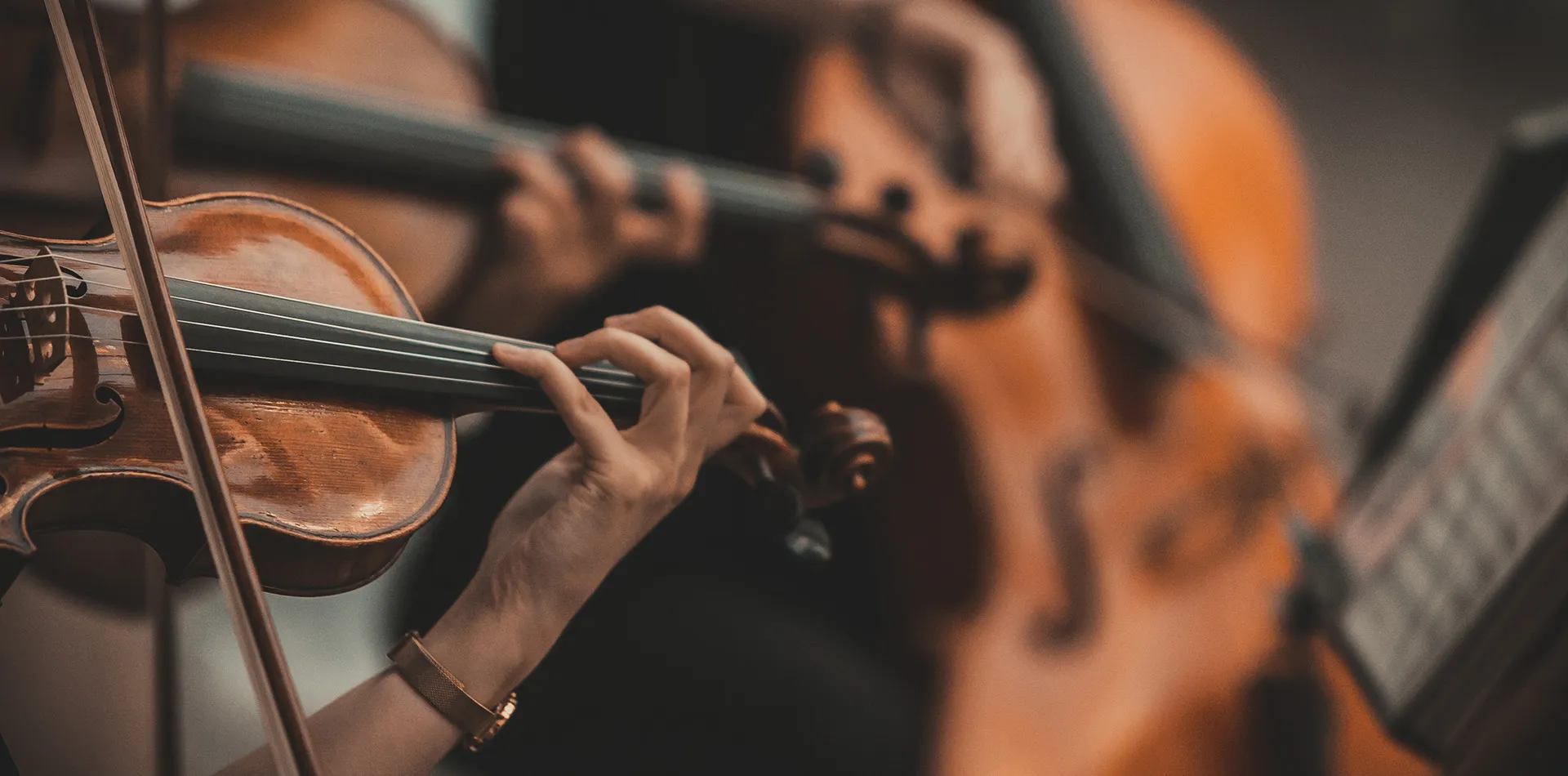Music is a powerful tool that transcends boundaries, resonating deeply within our minds and souls. In our day-to-day lives, we often find comfort in the beats of pop, the rhythms of hip-hop, or the melodies of various genres. However, there exists an unexplored realm of musical enrichment that can significantly impact our mental states and unleash our creative potential – classical music.
Transitioning from the familiar tunes of modern music to the timeless compositions of classical masterpieces may seem like a leap, but the benefits it offers for mindfulness and creativity are profound.
Enhancing Mindfulness
Mindfulness, the practice of being present and fully engaged in the moment, finds an exceptional companion in classical music. Unlike the often repetitive and lyric-centric structure of pop or hip-hop, classical music embodies a complexity that invites deep focus and immersion.
The intricate arrangements, varying tempos, and emotional depth found in classical compositions provide a rich tapestry for the mind to explore. Pieces such as Beethoven's "Moonlight Sonata" or Debussy's "Clair de Lune" have the power to transport listeners to a serene mental space, fostering mindfulness by encouraging a profound connection between the music and one's inner thoughts. My personal favourite, Christopher Tin's Sogno di Volare, is worth a listen as well.
Classical music's ability to evoke emotions, sometimes without words, enables listeners to engage in introspection and reflection. As listeners delve into the layers of symphonies or concertos, they can experience a heightened sense of awareness and a more profound connection with their surroundings.
Unleashing Creativity
Creativity thrives in an environment that stimulates imagination and ignites inspiration. Classical music serves as an unparalleled catalyst for unlocking creative potential. Its complex compositions, dynamic shifts, and diverse melodies provide a canvas for the mind to wander and explore uncharted territories.
Unlike the predictability of mainstream music, classical pieces often surprise listeners with unexpected twists and turns. This element of surprise sparks cognitive processes, encouraging divergent thinking and fostering innovation. Composers like Mozart, Bach, or Tchaikovsky crafted symphonies that challenge conventional norms, inviting listeners to embrace unconventional ideas and think outside the box.
Listening to classical music can also enhance productivity and focus during creative endeavors. The absence of lyrics reduces distractions, allowing individuals to concentrate deeply on their tasks. Whether writing, painting, or brainstorming, the emotive power of classical compositions can inspire fresh perspectives and infuse projects with renewed vigor.
Making the Transition
Transitioning from familiar modern music to classical compositions can be a gradual process. Start by incorporating a few classical pieces into your playlists, gradually increasing their presence over time. Explore different eras and styles within classical music to find what resonates with you the most.
Platforms like Spotify and Apple Music offer curated playlists tailored to introduce newcomers to classical music. Attend live performances or listen to orchestras to experience the grandeur of classical music firsthand.
In conclusion, embracing classical music in your playlists can be a transformative journey toward mindfulness and enhanced creativity. Its depth, complexity, and ability to evoke emotions make it an invaluable asset in nurturing a mindful lifestyle and tapping into the limitless realms of creativity. So, next time you reach for your headphones, consider letting the enchanting melodies of classical compositions take you on a journey of self-discovery and creative exploration.
If you're looking for a great starting point, this is my go-to playlist throughout the day. Hopefully it inspires you as much as it does me.


